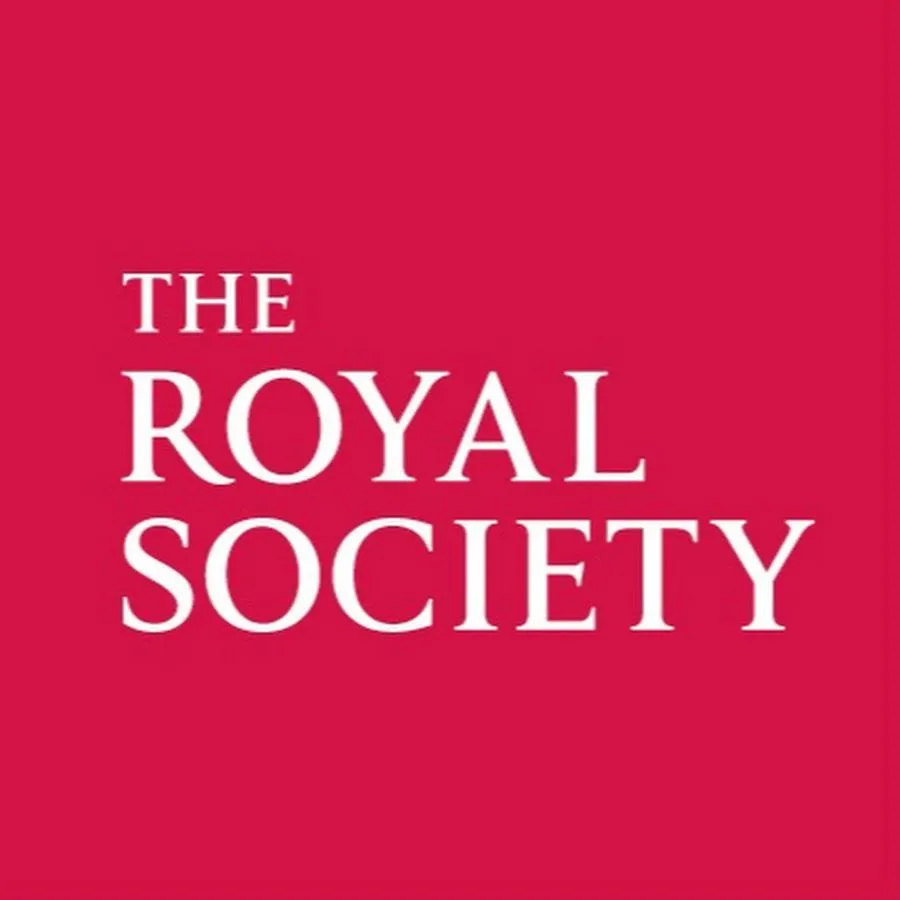The Odendall Lab investigates how epithelial and immune cells respond to bacterial infection, focusing on how inflammation is triggered, modulated, and resolved at mucosal surfaces. We work at the intersection of cell biology and microbial pathogenesis to understand how the immune system detects pathogens — and how pathogens evolve to bypass or rewire these defences.
We study enteric bacteria such as Salmonella and Shigella, not only as pathogens but as expert manipulators of the immune system. These microbes use secretion systems and effector proteins to disable specific host responses, providing powerful tools to uncover which pathways are essential for host defence. By studying what pathogens block — and how — we reveal key nodes in immune signalling.
A major focus of the lab is understanding how type I and III interferons shape mucosal immunity, by influencing epithelial barrier function, intracellular bacterial behaviour, and inflammatory responses. Our recent work has uncovered distinct, and sometimes opposing, roles for these cytokines in regulating infection outcomes in the gut.
We are also investigating how calcium-regulated signalling hubs — including the kinase CaMKII — act as integrators of infection-driven signals and are selectively targeted by pathogens.
Our research combines mechanistic cell biology with in vivo models of infection to uncover how inflammation is spatially and temporally regulated across tissues.
Lab Research topics
- Host–pathogen interactions
- Mucosal innate immunity
- Type I and III interferon signalling
- Bacterial immune evasion
- Calcium-regulated signalling (CaMKII)
- Epithelial barrier defence




